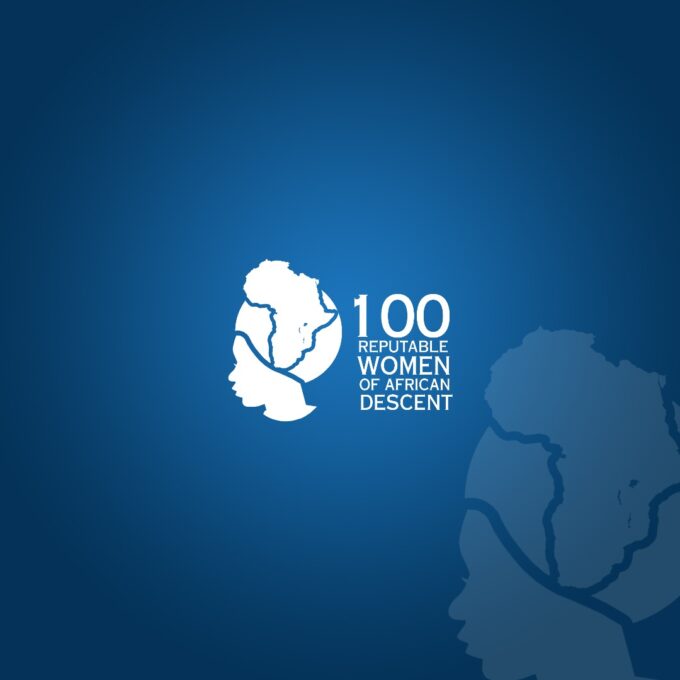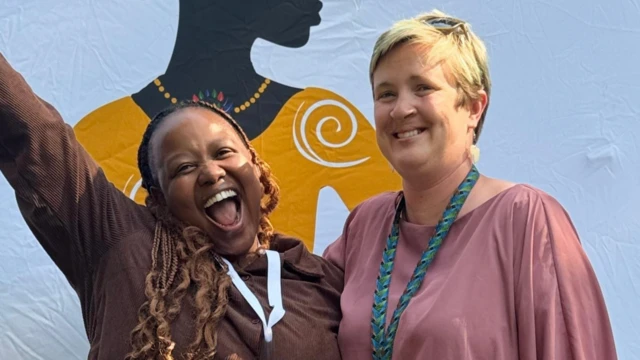Antimicrobial resistance (AMR) is emerging as a more severe health threat in Africa than HIV, tuberculosis, and malaria combined, according to Erta Kalanxhi, a Norwegian scientist and Director of Partnerships at the One Health Trust. Speaking to Sputnik Africa, Kalanxhi emphasized the rapid rise in morbidity and mortality linked to AMR across the continent.
Kalanxhi highlighted that AMR, the phenomenon where bacteria evolve to resist antibiotics, is increasingly undermining healthcare systems in Africa. With a mortality rate of 27.3 deaths per 100,000 people, AMR now causes more deaths in Africa than longstanding challenges like HIV-AIDS, malaria, and tuberculosis. The Africa Centres for Disease Control and Prevention (Africa CDC) corroborates this trend, marking AMR as an urgent public health crisis.
Despite its severity, AMR often takes a backseat to more visible diseases. “Doctors in Africa focus on conditions like HIV and tuberculosis, which are well-known and have established treatment protocols,” Kalanxhi observed. However, she noted that other infections, equally prevalent but less prioritized, contribute significantly to the misuse of antibiotics.
One of the critical barriers in tackling AMR in Africa is the lack of diagnostic capacity. According to Kalanxhi, many healthcare facilities across the continent are ill-equipped to determine the appropriate antibiotics for specific infections. This gap often leads to the overuse or misuse of antibiotics, accelerating bacterial resistance.
“So, regardless of HIV and tuberculosis, there are so many infections prevalent in the region. This often leads to the overuse and misuse of antibiotics. The more antibiotics are used, the higher the chances for bacteria to become resistant and develop mechanisms to evade these drugs,” she explained.
Compounding the challenge is the limited access to essential antibiotics. For many African communities, life-saving drugs remain out of reach due to logistical, financial, or systemic barriers. This dual challenge of overuse in some areas and scarcity in others creates a precarious situation, where effective treatment becomes increasingly difficult.
Despite these challenges, progress is being made. Several African countries have started implementing antimicrobial resistance strategies. National and regional initiatives are focusing on improving antibiotic stewardship, enhancing diagnostic capabilities, and raising awareness among healthcare professionals and the public.
The Africa CDC has also ramped up efforts to address AMR through coordinated surveillance, research, and policymaking. These interventions aim to curb the misuse of antibiotics while ensuring equitable access for those in need.
The implications of AMR extend beyond Africa’s borders. As a global health issue, AMR threatens the effectiveness of medical treatments worldwide, with Africa often serving as the frontline due to its high burden of infectious diseases.
Addressing AMR requires collaboration between governments, healthcare providers, and international organizations. Investments in research, public health infrastructure, and education are vital to building resilience against this growing threat.
While the statistics are alarming, Kalanxhi remains cautiously optimistic. She acknowledges the ongoing efforts by African nations to develop policies and action plans tailored to local contexts. “There is hope, but it requires urgent and sustained action,” she concluded.
As Africa grapples with the mounting challenge of antimicrobial resistance, it must balance the fight against AMR with its existing health priorities. The continent’s success in this battle will depend on its ability to mobilize resources, foster innovation, and strengthen health systems to protect future generations.














Leave a comment